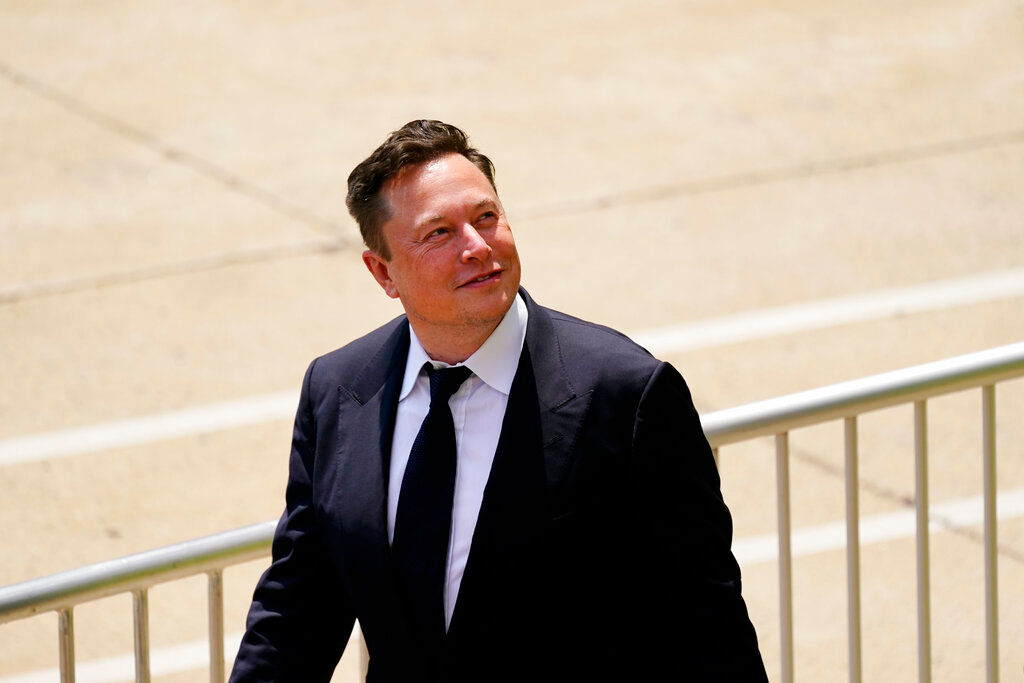Elon Musk’s Twitter
takeover was hostile in many ways. The world’s richest man made an offer that
led the social media company swallow a poison pill. But Twitter, now, belongs
to Musk and he has his own plans to make money for a company that has hardly
ever turned a profit. But profit is not what is moving him, says Musk, who
self-identifies as a free-speech absolutist.
In course of the
takeover, Musk had once threatened that he would slash Twitter board’s salary
to zero. Now, having acquired Twitter, while Musk is not considering something
as drastic, he does plan to cut pay, according to a Reuters report.
Also Read | Twitter reporting earnings on heels of Elon Musk buyout deal
In his pitch to
banks to finance his acquisition of Twitter, Elon Musk told lenders that he
could crack down on executive and board pay at the social media company in a
push to cut costs and develop new ways to monetise tweets, three people
familiar with the matter told Reuters.
Also Read | EXPLAINER: What Twitter could do as privately held company
Musk has also said
that there are going to be job cuts, Bloomberg reported. However, decisions on
job cuts will not be taken until Musk actually takes control of the company by
the end of this year.
Among his plans
for the company, he wants to charge a fee when a third-party website wants to
quote or embed a tweet from verified individuals. This move has severe
implications for news organisations which regularly lift quotes from the digital
public square.
Also Read | Knowing Elon Musk beyond the Twitter drama
Musk suggested a
raft of changes also to the Twitter Blue premium subscription service,
including cutting the price, ban ads and giving an option to pay in the
cryptocurrency Dogecoin. Currently, Twitter’s premium Blue service now costs $2.99
a month.
Musk’s current net
worth is $246 billion, according to Forbes. He has indicated that he will
support banks in marketing the syndicated debt to investors. The Tesla and
SpaceX CEO is also presumed to have lined up a new chief executive officer
(CEO) for the firm, when he assumes control.







